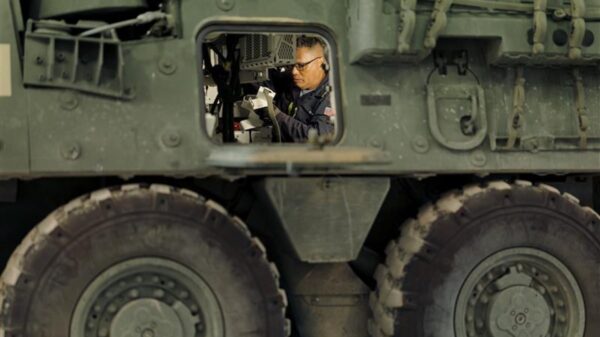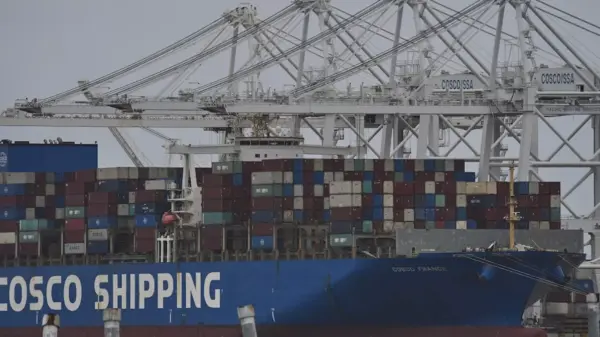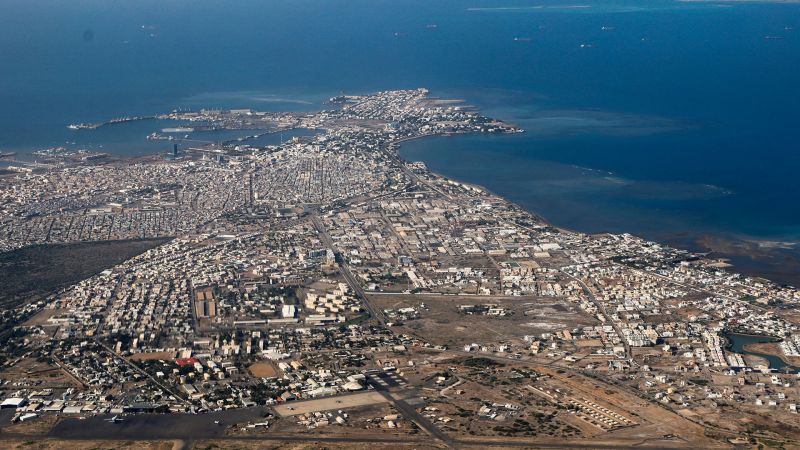A tense legal battle is unfolding as eight migrant detainees in Djibouti face potential deportation to South Sudan. Lawyers representing the detainees are racing against the clock, heading to a federal court in Massachusetts this Friday afternoon in a last-ditch effort to prevent their clients from being sent to the war-torn nation. The urgency comes in the wake of a temporary reprieve granted by Judge Randolph Moss in the DC District Court earlier today.
Judge Moss, who held an emergency hearing, decided that the case should be transferred to Massachusetts. He has ordered the Trump administration to halt any movement of the migrants until 4:30 p.m. ET, giving the detainees’ legal team a narrow window to seek intervention from a Massachusetts judge. The administration has indicated that the plane in Djibouti is scheduled to depart at 7:00 p.m. ET, adding to the mounting pressure.
Legal and Humanitarian Concerns
The detainees’ legal representatives argue that deporting them to South Sudan would expose them to severe risks, including torture, thus violating their constitutional rights. During the hearing, Judge Moss emphasized the potential danger, stating, “It seems self-evident the US government can’t take human beings and send them to a place where their physical well-being is at risk.” He further noted that such actions could be perceived as punitive or as a deterrent to other potential migrants.
The case highlights the broader implications of US immigration policies, particularly concerning deportations to third-party countries. The Supreme Court’s recent ruling in favor of the administration has paved the way for such deportations, intensifying the legal and ethical debates surrounding the issue.
Background and Context
This legal drama coincides with the US Independence Day holiday, adding a layer of complexity to the proceedings. The Supreme Court’s decision on Thursday confirmed that the eight migrants fall within the category of individuals eligible for deportation under the administration’s policies. This decision has sparked criticism from human rights advocates who argue that sending individuals to conflict zones like South Sudan is inhumane and violates international law.
South Sudan, plagued by ongoing civil conflict, poses significant dangers to returnees. The United Nations and various human rights organizations have documented widespread violence, including targeted attacks on civilians, making it a perilous destination for deportees.
Expert Opinions and Historical Parallels
Legal experts have weighed in on the case, highlighting the complexities involved in balancing national security interests with humanitarian obligations. According to immigration attorney Sarah Thompson, “This case underscores the tension between enforcing immigration laws and upholding human rights standards. The courts are often the last line of defense for vulnerable individuals.”
Historically, the US has grappled with similar dilemmas, particularly during periods of heightened immigration enforcement. The current situation draws parallels to past instances where deportations to unstable regions have been contested on humanitarian grounds.
Looking Ahead
As the legal proceedings continue, the outcome remains uncertain. Should the Massachusetts court intervene, it could set a precedent for future cases involving deportations to conflict zones. Conversely, if the deportation proceeds, it may prompt further scrutiny of the administration’s immigration policies.
The detainees’ fate hangs in the balance, with the potential for significant implications on US immigration practices. As the clock ticks down to the scheduled departure, all eyes are on the Massachusetts court for a decision that could alter the course of these individuals’ lives.
The unfolding events in Djibouti serve as a stark reminder of the complex interplay between legal processes, humanitarian considerations, and government policy. The coming hours will be crucial in determining not only the immediate future of the eight detainees but also the broader trajectory of US immigration enforcement.






































































